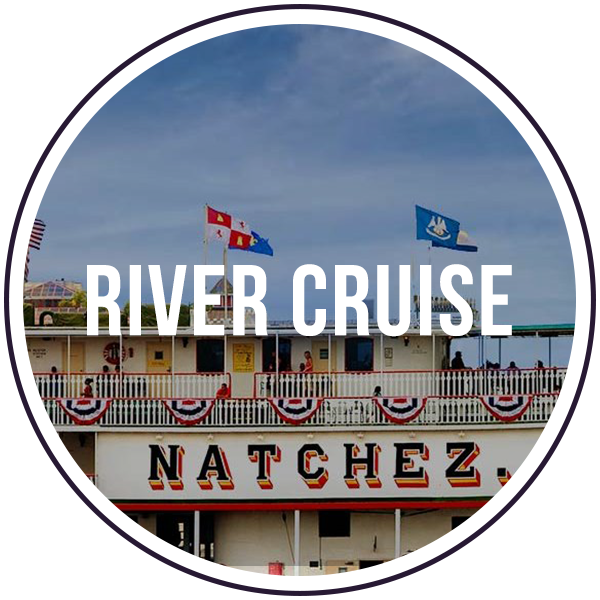Voodoo, also known as Vodou or Voodooism, has a rich cultural and historical significance in New Orleans, Louisiana. It is a syncretic religion that originated in West Africa and was brought to the Americas by enslaved Africans during the transatlantic slave trade. In New Orleans, Voodoo blends African, Catholic, and indigenous spiritual practices and beliefs.
The roots of Voodoo in New Orleans can be traced back to the early 18th century when French colonists established the city as a major port and center for the slave trade. Enslaved Africans who practiced Voodoo brought their spiritual traditions with them and managed to preserve their religious practices despite the oppressive conditions of slavery.
Voodoo became an integral part of the cultural fabric of New Orleans, especially in the city’s African American and Creole communities. It served as a means of spiritual expression, resistance against oppression, and a way to retain cultural identity and autonomy.
In the 19th century, Voodoo gained wider recognition through the prominent figure of Marie Laveau, a Voodoo priestess known as the “Voodoo Queen of New Orleans.” Laveau was highly influential and commanded respect and fear within the community. She played a crucial role in shaping and popularizing Voodoo during this time.
Voodoo in New Orleans is characterized by its vibrant rituals, ceremonies, and spirit worship. Practitioners often gather in sacred spaces, known as “Voodoo temples” or “Voodoo altars,” to commune with spirits, perform rituals, and seek guidance. These rituals involve drumming, singing, dancing, and the use of various symbolic objects, such as dolls, candles, and charms.
A key aspect of New Orleans Voodoo is the belief in Loa, or spirits, who can be communicated with and petitioned for assistance or guidance. Each Loa has distinct qualities, characteristics, and areas of influence. Practitioners seek the aid of specific Loa based on their individual needs or desires.
Another important element of Voodoo in New Orleans is the incorporation of Catholicism. Many practitioners of Voodoo in the region are Catholic or have Catholic influences in their spiritual practices. This syncretism has resulted in unique rituals and ceremonies that combine elements of both religions.
Today, Voodoo remains an active and important part of New Orleans’ cultural landscape. It attracts tourists from around the world who are intrigued by the mystique and traditions of this spiritual system. Voodoo festivals, such as the annual Voodoo Music + Arts Experience, celebrate and showcase the rich heritage of Voodoo in New Orleans.
However, it is essential to note that Voodoo has often been misunderstood and misrepresented due to negative stereotypes perpetuated by the media and popular culture. It is a complex and diverse religion that encompasses a range of beliefs and practices. Voodoo should be respected and appreciated as an important cultural and spiritual tradition of New Orleans.


